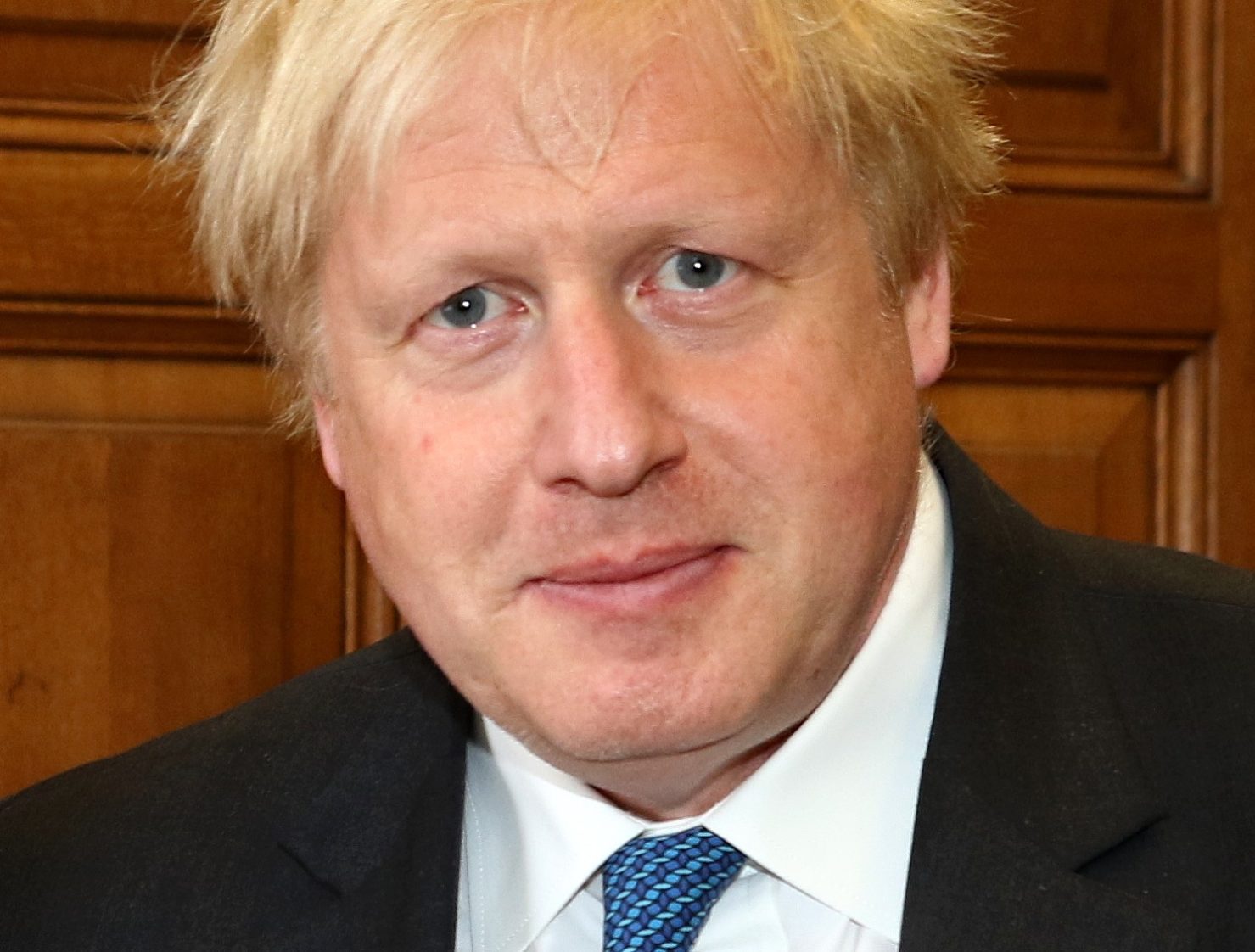Boris Johnson plans to increase the amount both employers and employees pay by way of National Insurance contributions to help fund tax cuts for the well-off.
Johnson, who is front runner to become Prime Minister during the Tory leadership election, has vowed to raise the 40pc income tax threshold from £50,000 to £80,000.
His income tax plan will cost an estimated £10bn, which will also be funded, Johnson writes in today’s Daily Telegraph, by digging in to the £26.6bn which Chancellor Philip Hammond has set aside to cushion against a no-deal Brexit. Given that Johnson is one of the handful of Tory leadership hopefuls open to a no-deal Brexit, politicians have wondered where this cash will come from.
Given that Boris Johnson has called himself a One Nation Conservative – concerned about equality between the rich and the poor – others see the move as breathtakingly cynical and opportunistic, appealing directly to Conservative Party members about to vote in a new leader, many of whom as richer pensioners do not pay NI.
Both Johnson and leadership rival Jeremy Hunt have both pledged to cut corporation tax. Hunt also wants to use the Chancellor’s £26.6bn “fiscal headroom”, in this case to slash corporation tax from the current level of 19pc to 12.5pc – the same level as Ireland.
Arms race
And, in what is becoming an arms race to pledge support for small business, Michael Gove has pledged to replace VAT with a lower and more flexible sales tax if he is elected Conservative leader. Gove believes the current system is too bureaucratic for small businesses. The Environment Secretary has pledged to take advantage of Brexit to scrap the 20pc tax currently levied on goods and services — a tax required as part of membership of the EU’s single market.
“This would mean reducing the regulations which hold business back, cutting and reforming taxes – such as business rates – which put pressure on small businesses and undermine our high streets, using the opportunity of life outside the EU to replace VAT with a lower, simpler sales tax, ensuring our business tax structure is the most competitive in the G20,” Gove wrote.
Last week, Health Secretary Matt Hancock pledged to help save the high street by scrapping business rates; the £1.5 billion-a-year pledge would exempt hundreds of thousands of businesses from the hated tax.
And rival candidate Sam Gyimah also said that he would too would reform business rates, replacing it with a commercial land tax. In addition, he would make the tax break for investment in business infrastructure unlimited.
Further reading
Tory leadership hopefuls propose major tax reforms for small businesses





